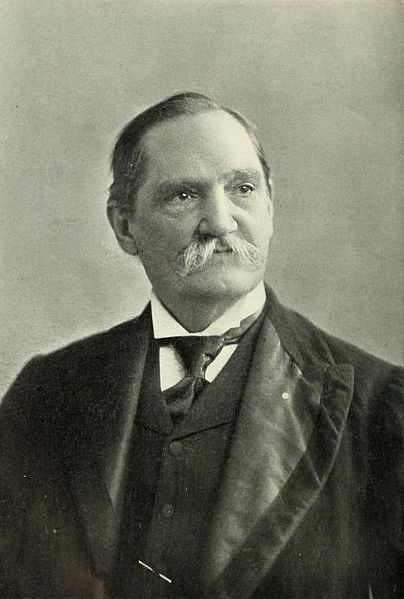Tomás Estrada Palma was a Cuban politician, the president of the Cuban Republican in Arms during the Ten Years' War, and the first President of Cuba, between May 20, 1902, and September 28, 1906.
His collateral career as a New York City area educator and writer enabled Estrada Palma to create pro-Cuban literature aimed at gaining sympathy, assistance and publicity. He was eventually successful in garnering the attention of influential Americans. He was an early and persistent voice calling for the United States to intervene in Cuba on humanitarian grounds.
During his presidency his major accomplishments include improving Cuba's infrastructure, communication, and public health.
Estrada Palma in 1899
The Ten Years' War, also known as the Great War and the War of '68, was part of Cuba's fight for independence from Spain. The uprising was led by Cuban-born planters and other wealthy natives. On 10 October 1868, sugar mill owner Carlos Manuel de Céspedes and his followers proclaimed independence, beginning the conflict. This was the first of three liberation wars that Cuba fought against Spain, the other two being the Little War (1879–1880) and the Cuban War of Independence (1895–1898). The final three months of the last conflict escalated with United States involvement, leading to the Spanish–American War.
Embarkation of the Catalan Volunteers from the Port of Barcelona by Ramón Padró y Pedret [es]
Carlos Manuel de Céspedes
Col. Federico Fernández Cavada
General Martínez-Campos in Havana, 1878


![Embarkation of the Catalan Volunteers from the Port of Barcelona by Ramón Padró y Pedret [es]](https://upload.wikimedia.org/wikipedia/commons/thumb/5/57/Embarcament_dels_voluntaris_catalans_al_port_de_Barcelona.jpg/640px-Embarcament_dels_voluntaris_catalans_al_port_de_Barcelona.jpg)


